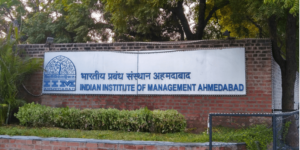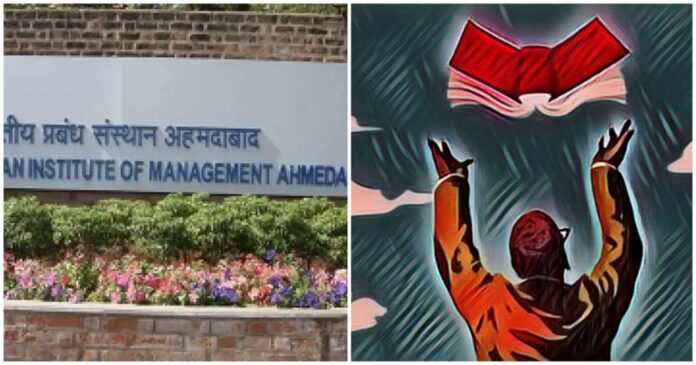Are Public institutions free of govt interference?
In this context, it is to be seen how much the Ministry can interfere in the legal and administrative matters of the institute.
After the institute’s director, Erol D’Souza declined to share the thesis, the government sought powers to initiate an inquiry against the board of governors (BoG) of the IIM.
 That proposal has been shelved after the Law Ministry rejected the idea on the ground that it’s inconsistent with the provisions of the IIM Act, which gives unprecedented autonomy to the 20 business schools. And that any provision permitting the government to take punitive action against the institute can only be introduced through an amendment in the law.
That proposal has been shelved after the Law Ministry rejected the idea on the ground that it’s inconsistent with the provisions of the IIM Act, which gives unprecedented autonomy to the 20 business schools. And that any provision permitting the government to take punitive action against the institute can only be introduced through an amendment in the law.
At the moment, IIM has cited autonomy to get out of this interference. But it throws a very serious question. Can a ministry interfere in what kind of research is going on in educational institutions if it falls under its jurisdiction?
Academic freedom is the research scholar’s freedom to express ideas without the risk of official interference. It is at the heart of university life. It is the essence of dissemination of knowledge and fostering independent thinking of students and academics. If academic freedom is curtailed or decided by govt. whims and fancies or corporate interests, then can any authentic work come out of the temples of knowledge. Research that only suits the corporate masters or does not hurt the powers to be will be approved.
On a scale of 0-1, India with a score of 0.352 already fares quite poorly, closely followed by Saudi Arabia and Libya (0.238). The Academic freedom index for India has dipped by 0.1 points in last five years.
India has not fared well in components like institutional autonomy, campus integrity, freedom of academic and cultural expression, and constitutional protection of academic freedom.
Research brings out what is happening in society and many times such research is used to build policies by the government also. If the research reveals some uncomfortable truth that the ruling establishment does not like, should that research be purged or used to address the issue?



























